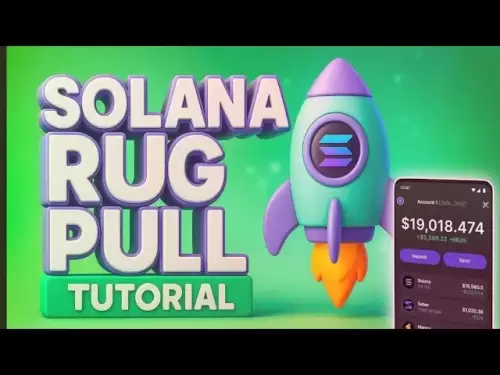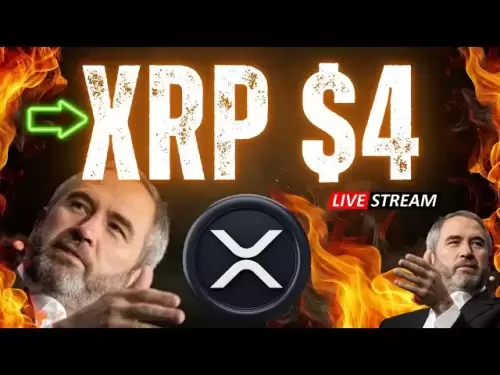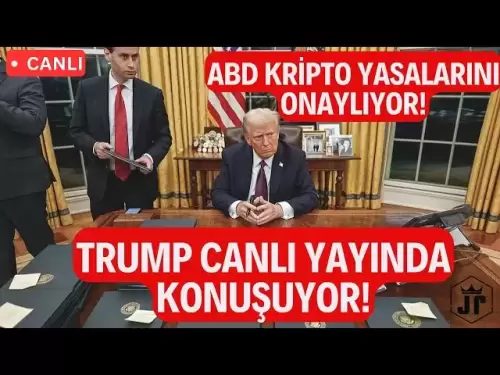-
 Bitcoin
Bitcoin $118100
-0.44% -
 Ethereum
Ethereum $3585
5.43% -
 XRP
XRP $3.434
5.65% -
 Tether USDt
Tether USDt $1.000
0.02% -
 BNB
BNB $743.8
3.89% -
 Solana
Solana $178.7
3.84% -
 USDC
USDC $1.000
0.03% -
 Dogecoin
Dogecoin $0.2381
12.81% -
 TRON
TRON $0.3270
3.62% -
 Cardano
Cardano $0.8315
4.93% -
 Hyperliquid
Hyperliquid $44.51
-4.42% -
 Stellar
Stellar $0.4710
1.52% -
 Sui
Sui $3.896
-2.51% -
 Chainlink
Chainlink $18.09
6.98% -
 Hedera
Hedera $0.2681
9.31% -
 Bitcoin Cash
Bitcoin Cash $516.7
4.83% -
 Avalanche
Avalanche $23.95
6.96% -
 Shiba Inu
Shiba Inu $0.00001490
5.67% -
 UNUS SED LEO
UNUS SED LEO $8.966
0.80% -
 Toncoin
Toncoin $3.294
4.39% -
 Litecoin
Litecoin $105.4
4.69% -
 Polkadot
Polkadot $4.356
5.30% -
 Uniswap
Uniswap $10.29
17.25% -
 Monero
Monero $327.9
-3.04% -
 Bitget Token
Bitget Token $4.942
4.33% -
 Ethena USDe
Ethena USDe $1.001
0.08% -
 Pepe
Pepe $0.00001348
2.17% -
 Dai
Dai $1.000
0.02% -
 Aave
Aave $320.8
0.58% -
 Bittensor
Bittensor $411.8
-4.07%
Are NFTs a scam?
NFTs are unique digital assets stored on blockchain, offering creators new ways to monetize work, but scams like fake marketplaces and rug pulls require buyers to stay vigilant.
Jul 09, 2025 at 02:50 pm
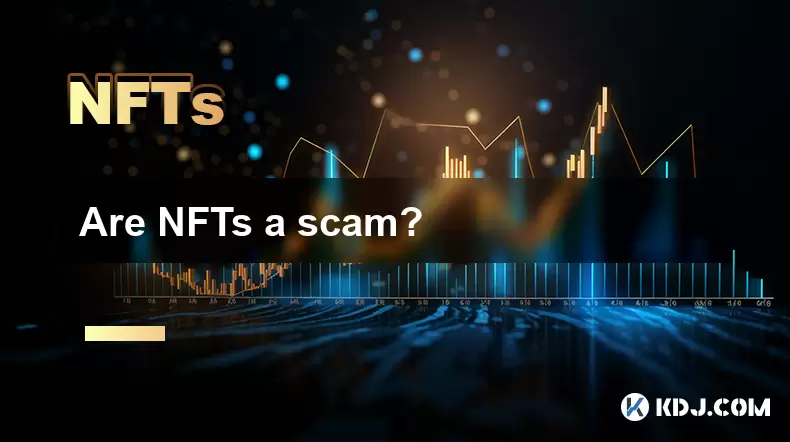
Understanding the Nature of NFTs
Non-Fungible Tokens (NFTs) are unique digital assets that represent ownership of a specific item or piece of content, often stored on the blockchain. Unlike cryptocurrencies such as Bitcoin or Ethereum, which are fungible and can be exchanged on a one-to-one basis, each NFT has distinct properties and cannot be directly replaced by another token. This uniqueness is encoded into the blockchain, making it possible to verify authenticity and ownership.
NFTs have gained popularity in areas like digital art, music, collectibles, and even virtual real estate. The key idea behind them is to provide creators with a way to monetize their work directly while giving buyers verifiable proof of ownership. However, due to their rapid rise and speculative nature, many people question whether NFTs are legitimate or just another form of scam.
How Scams Can Be Associated With NFTs
While NFTs themselves are not inherently scams, the ecosystem around them has been exploited by malicious actors. Fraudulent activities include fake marketplaces, phishing attacks, and counterfeit NFTs sold without the original creator's consent. Some scammers create near-identical copies of popular NFT collections and list them at lower prices to trick buyers.
Another common issue is "rug pulls," where developers abandon a project after collecting funds, leaving investors with worthless tokens. Additionally, some individuals use social engineering tactics to steal private keys or convince users to send NFTs voluntarily. These practices have led to skepticism about the entire NFT space, even though the technology itself remains neutral.
Distinguishing Legitimate NFT Projects From Scams
To determine whether an NFT project is legitimate, potential buyers should conduct thorough research. Start by checking if the project team is publicly known and has a track record in the industry. Transparent communication through official channels like Discord, Twitter, and Telegram is also a good sign.
Look for verified smart contracts on platforms like OpenSea or LooksRare. If the contract is not audited or lacks transparency, it could be a red flag. Also, examine the project's whitepaper, roadmap, and community engagement. A strong, active community usually indicates a genuine effort, whereas sudden hype with no substance behind it may signal a scam.
Avoid projects that promise unrealistic returns or pressure you to act quickly. Scammers often rely on FOMO (fear of missing out) to push victims into making hasty decisions. Always double-check links shared online, especially in group chats or forums, as they might lead to phishing sites.
Best Practices for Buying and Selling NFTs Safely
If you're considering entering the NFT market, follow these steps to protect yourself:
- Use reputable marketplaces such as OpenSea, Rarible, Foundation, or Blur.
- Ensure your wallet (like MetaMask or Trust Wallet) is secure and never share your seed phrase.
- Before purchasing, check the creator’s profile and verify their identity if possible.
- Confirm that the NFT you're buying is minted on a trusted blockchain, typically Ethereum, Solana, or Polygon.
- Always review transaction details before approving any purchase.
- Enable two-factor authentication (2FA) on all associated accounts.
- Keep your software and wallet updated to prevent vulnerabilities from being exploited.
By following these guidelines, you significantly reduce the risk of falling victim to scams in the NFT space.
The Role of Regulation and Consumer Protection
As the NFT market grows, regulatory bodies around the world are beginning to take notice. In some jurisdictions, NFTs are being treated as securities, meaning they fall under financial regulations. While this can offer greater consumer protection, it also introduces compliance requirements that some smaller creators may find difficult to navigate.
Regulatory clarity helps distinguish between fraudulent schemes and legitimate NFT ventures. For instance, projects that fail to disclose risks or engage in deceptive marketing may face legal consequences. Users benefit from increased oversight as it makes the environment more trustworthy.
However, because the blockchain is decentralized and global, enforcement remains challenging. Buyers must still remain vigilant and proactive in protecting their investments, even as laws evolve.
Frequently Asked Questions
Can I get my money back if I buy a scam NFT?
Recovering funds after purchasing a fraudulent NFT is extremely difficult. Blockchain transactions are irreversible, and unless the seller willingly refunds you or law enforcement intervenes, there's no guaranteed method to retrieve lost assets.
Is every NFT on a marketplace verified?
No, not all NFTs listed on marketplaces are verified. Platforms like OpenSea allow anyone to mint and sell NFTs, which means some listings may be counterfeit or misleading. Always perform due diligence before purchasing.
What should I do if I suspect an NFT is fake?
Report the listing to the platform’s support team and avoid interacting with it. You can also reach out to the original creator through verified channels to confirm legitimacy.
Are NFTs safe to store in a digital wallet?
Yes, as long as you use a trusted wallet provider and keep your private keys secure, storing NFTs digitally is safe. Never share your recovery phrase and enable additional security features like 2FA.
Disclaimer:info@kdj.com
The information provided is not trading advice. kdj.com does not assume any responsibility for any investments made based on the information provided in this article. Cryptocurrencies are highly volatile and it is highly recommended that you invest with caution after thorough research!
If you believe that the content used on this website infringes your copyright, please contact us immediately (info@kdj.com) and we will delete it promptly.
- Meme Coin Mania: BONK, FLOKI, and the Quest for Crypto Gold
- 2025-07-19 10:50:12
- Troller Cat Presale Surge: The Meme Coin That's Actually Good?
- 2025-07-19 10:50:12
- XRP Mining for Passive Income: Is It the Next Big Thing?
- 2025-07-19 10:30:12
- Neo Blockchain & ChainGPT: AI Revolutionizing Decentralized Applications
- 2025-07-19 10:35:13
- Altcoins, Ethereum, and SharpLink: A New Era in Crypto Investment?
- 2025-07-19 09:15:12
- Coin Shop Homicide: Guilty Verdict After Decade-Long Wait
- 2025-07-19 08:50:13
Related knowledge
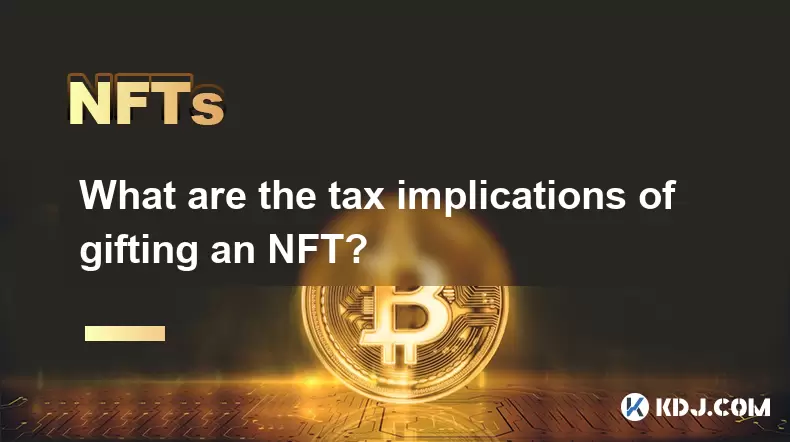
What are the tax implications of gifting an NFT?
Jul 19,2025 at 04:21am
Understanding the Basics of NFT GiftingGifting a Non-Fungible Token (NFT) involves transferring ownership from one individual to another without recei...
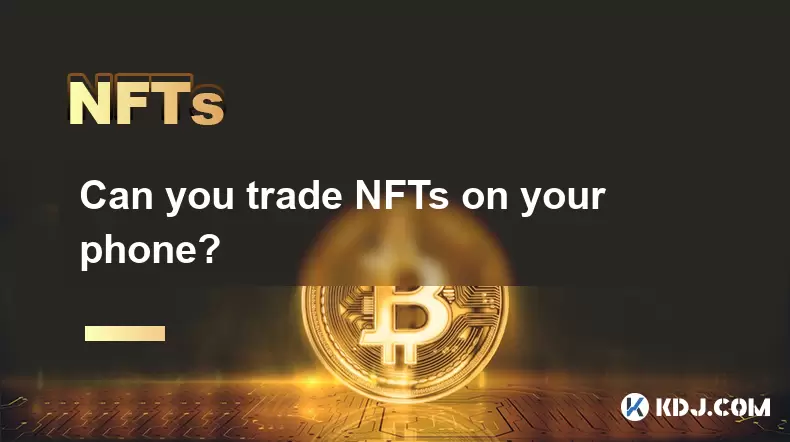
Can you trade NFTs on your phone?
Jul 18,2025 at 04:29am
Trading NFTs on Mobile DevicesYes, you can trade NFTs on your phone, and the process has become increasingly streamlined thanks to a variety of mobile...
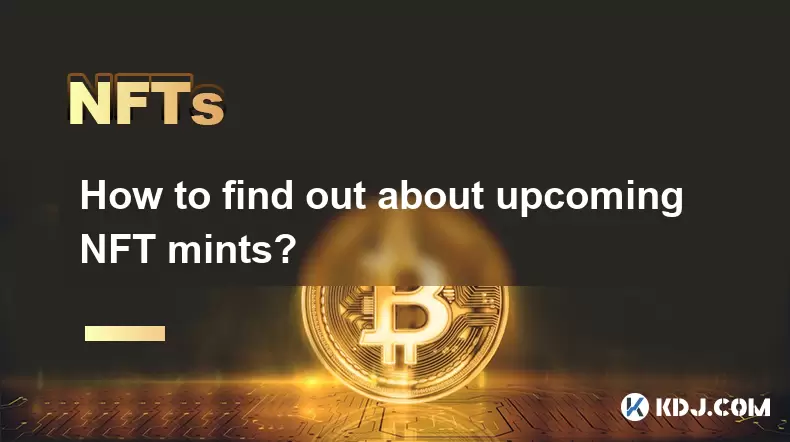
How to find out about upcoming NFT mints?
Jul 18,2025 at 11:50am
Exploring NFT Minting OpportunitiesUnderstanding the landscape of upcoming NFT mints is crucial for collectors, investors, and creators who wish to st...
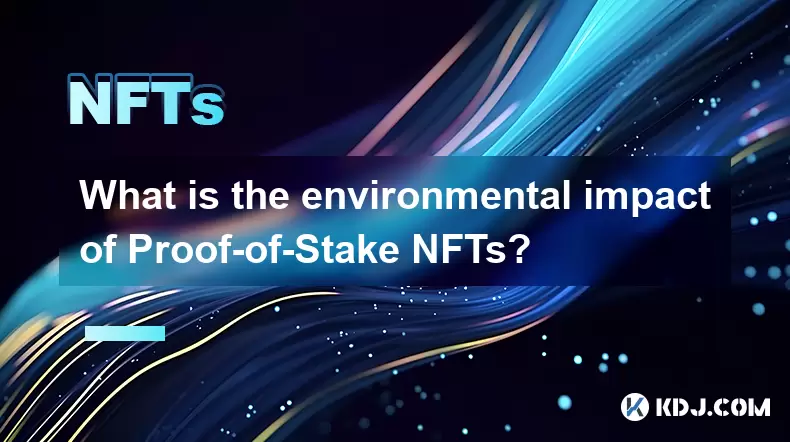
What is the environmental impact of Proof-of-Stake NFTs?
Jul 17,2025 at 07:14pm
Understanding the Basics of Proof-of-Stake NFTsProof-of-Stake (PoS) is a consensus mechanism used by blockchain networks to validate transactions and ...
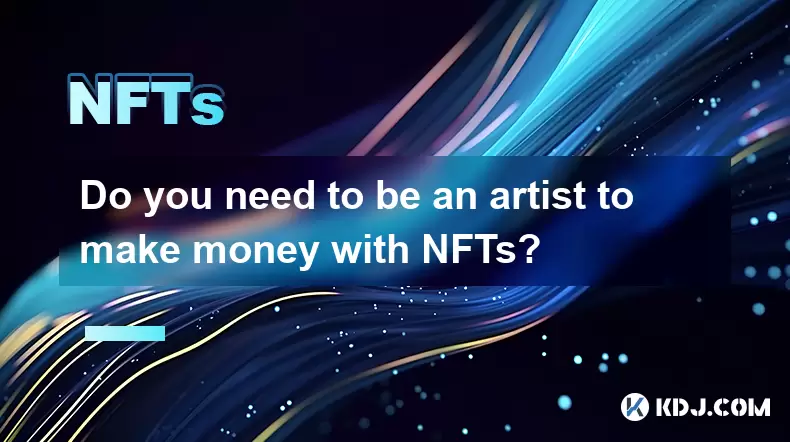
Do you need to be an artist to make money with NFTs?
Jul 19,2025 at 06:35am
Understanding the Role of Art in NFTsThe non-fungible token (NFT) market has grown rapidly, offering various opportunities for creators and investors....
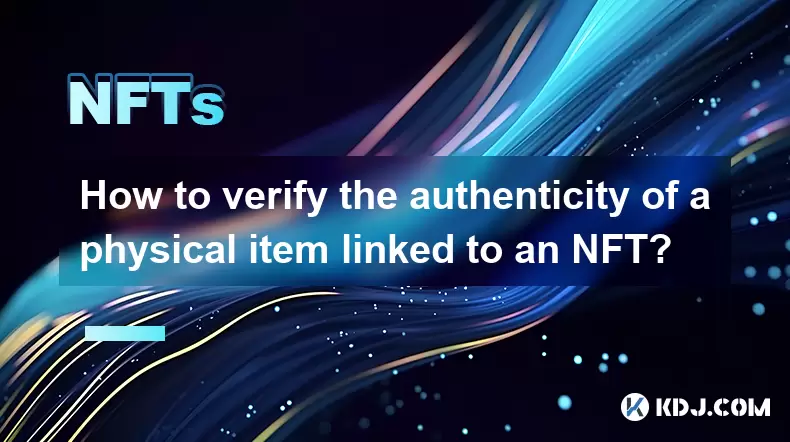
How to verify the authenticity of a physical item linked to an NFT?
Jul 18,2025 at 03:07pm
Understanding the Link Between NFTs and Physical ItemsWhen an NFT is linked to a physical item, it essentially acts as a digital certificate of owners...

What are the tax implications of gifting an NFT?
Jul 19,2025 at 04:21am
Understanding the Basics of NFT GiftingGifting a Non-Fungible Token (NFT) involves transferring ownership from one individual to another without recei...

Can you trade NFTs on your phone?
Jul 18,2025 at 04:29am
Trading NFTs on Mobile DevicesYes, you can trade NFTs on your phone, and the process has become increasingly streamlined thanks to a variety of mobile...

How to find out about upcoming NFT mints?
Jul 18,2025 at 11:50am
Exploring NFT Minting OpportunitiesUnderstanding the landscape of upcoming NFT mints is crucial for collectors, investors, and creators who wish to st...

What is the environmental impact of Proof-of-Stake NFTs?
Jul 17,2025 at 07:14pm
Understanding the Basics of Proof-of-Stake NFTsProof-of-Stake (PoS) is a consensus mechanism used by blockchain networks to validate transactions and ...

Do you need to be an artist to make money with NFTs?
Jul 19,2025 at 06:35am
Understanding the Role of Art in NFTsThe non-fungible token (NFT) market has grown rapidly, offering various opportunities for creators and investors....

How to verify the authenticity of a physical item linked to an NFT?
Jul 18,2025 at 03:07pm
Understanding the Link Between NFTs and Physical ItemsWhen an NFT is linked to a physical item, it essentially acts as a digital certificate of owners...
See all articles
























